Keywords: Truth
There are more than 200 results, only the first 200 are displayed here.
-
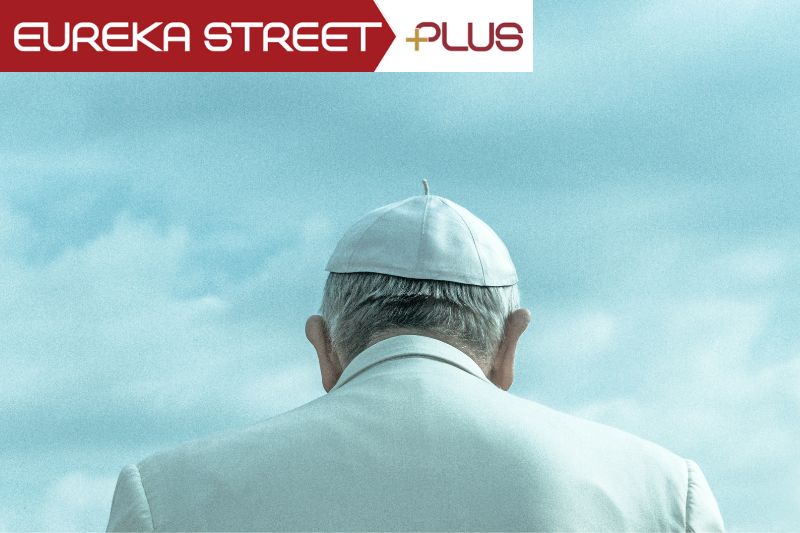
RELIGION
- Geraldine Doogue, Greg Craven, John Warhurst, Julian Butler
- 17 June 2022
3 Comments
After four years, the Fifth Plenary Council of Australia is nearly at a close with the second and final assembly in July. So what has been the significance of the Plenary Council so far, and what can we expect from the final session? In this Roundtable, Geraldine Doogue, John Warhurst, Greg Craven and Julian Butler reveal their hopes and expectations for the process and discuss likely outcomes.
READ MORE 
-
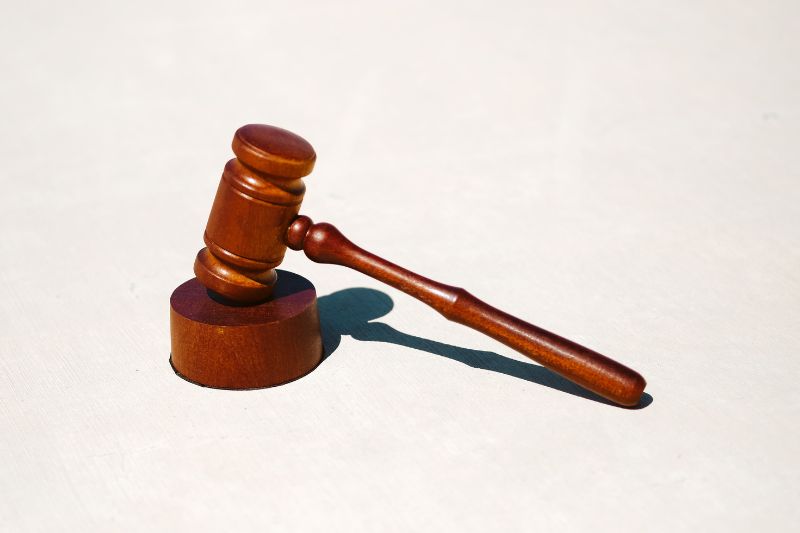
AUSTRALIA
- Andrew Hamilton
- 16 June 2022
After the Election media focus has now switched from the fresh personalities and style of the new Government to the difficulties that face it. These include the financial pressures created by heavy debt and inflation, the constraints imposed by pledges made before the election, an energy crisis, international conflicts and their effects on trade, and differences within the Party. Faced by such challenges the Government is unlikely to be able to fulfil its promises and its supporters’ hopes.
READ MORE 
-
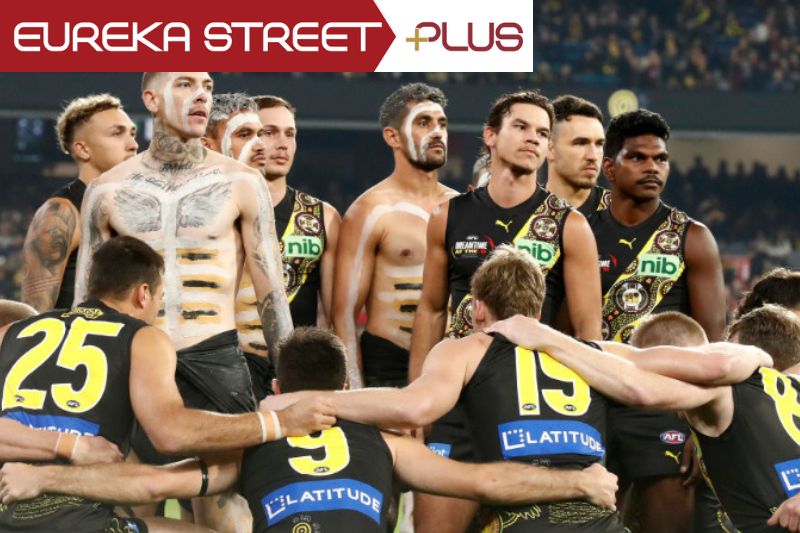
AUSTRALIA
- Michael McVeigh
- 07 June 2022
Before the game, Richmond players of Aboriginal and Torres Strait Islander descent were encircled and then honoured by their teammates. The sight of non-indigenous Richmond players on their knees while their teammates stood proudly before them was powerful and moving. It felt like a significant moment in the club’s history. To get to that moment, authentically, was not easy.
READ MORE 
-
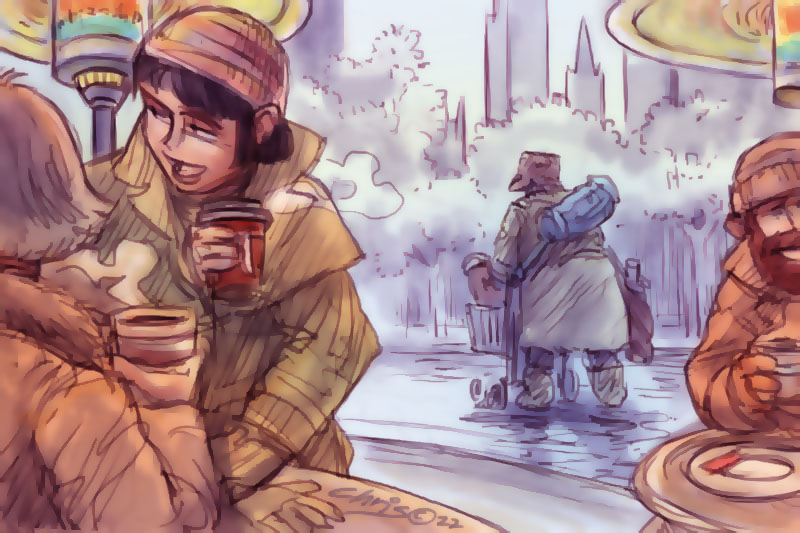
FAITH DOING JUSTICE
- Barry Gittins
- 07 June 2022
4 Comments
There’s nothing wrong with us enjoying a quiet breakfast and admiring the beauty of a winter city steeped in recovery. If we can’t also see the people sleeping on cold concrete, or sitting half-dressed, with no hope, peering through unfocused eyes, then we’re not getting the whole picture.
READ MORE 
-
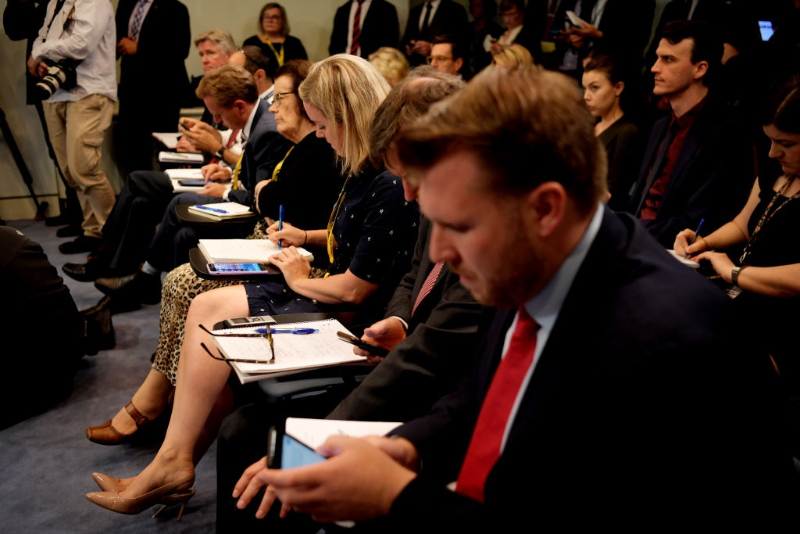
MEDIA
- Andrew Hamilton
- 19 May 2022
2 Comments
It is unfortunate that World Communications Day is celebrated in the middle of an election campaign. We have seen the worst of partisan media coverage, of shouting as a preferred form of communication, of endless experts promising Armageddon if the result is not to their taste. And yet we have also seen the best of media informing us of the issues that concern people in different parts of Australia. Without such public communication, for all its defects and excesses, our society would be the poorer.
READ MORE 
-
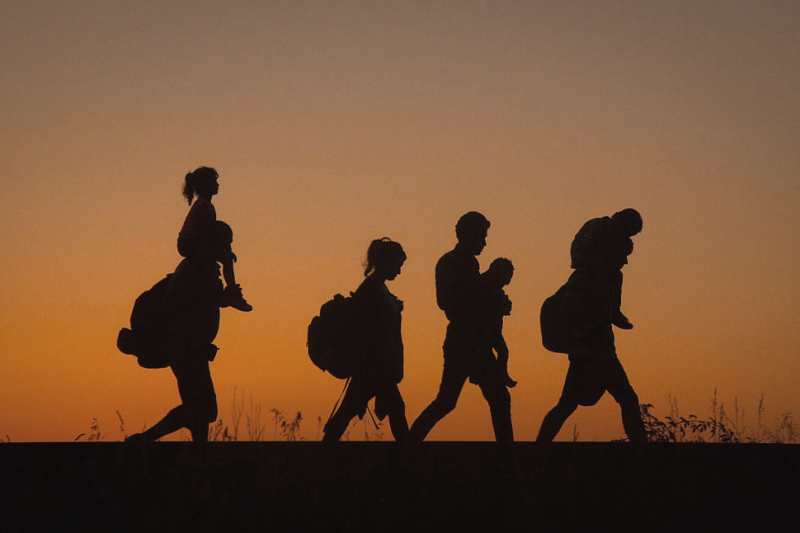
RELIGION
I have always considered myself pro-life. It’s not something I’ve felt a need to wear as a badge of honour, rather it has always been a default position. But terminology matters. Indeed, frequently, calling myself pro-life has drawn the derision or raised eyebrows of people around me, nuns and priests and radical ratbags alike, it has connotations.
READ MORE 
-
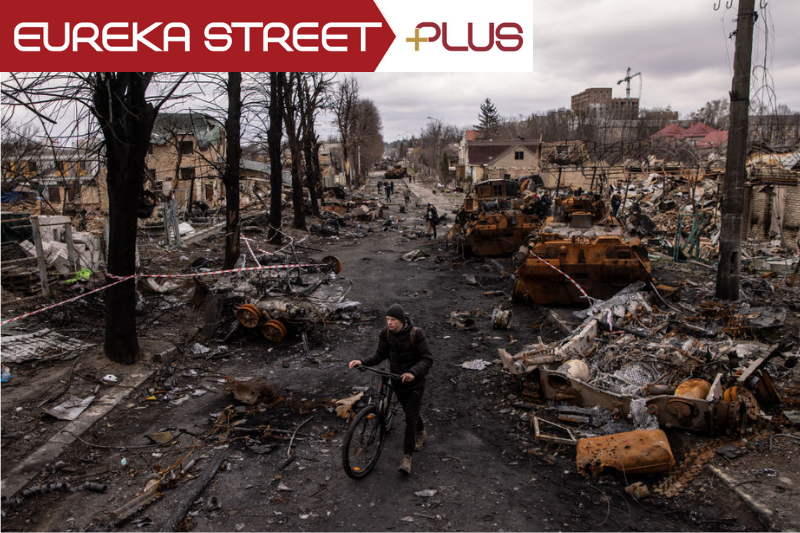
INTERNATIONAL
- Andrew Hamilton, David Halliday, Michele Frankeni, Stewart Braun
- 19 May 2022
5 Comments
We are now three months into the Ukraine war. From an invasion it has turned into a war of attrition that has cost many lives, displaced civilians, destroyed cities, and led to sanctions and the making of alliances with effects that have spread suffering far beyond Ukraine. In this Roundtable, Andrew Hamilton SJ, David Halliday, Michele Frankeni and Dr Stewart Braun explore the ethics of the war and likely paths to peace.
READ MORE 
-
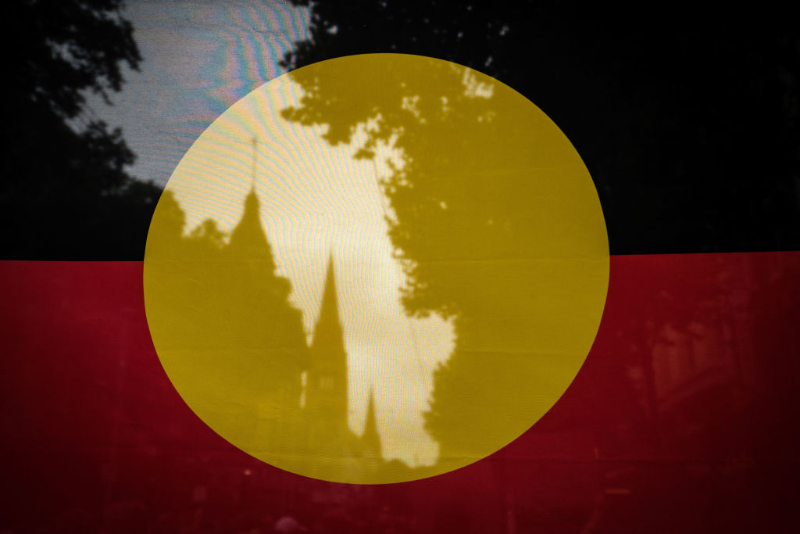
AUSTRALIA
- Dean Ashenden
- 03 May 2022
6 Comments
The danger is that unless commissions and inquiries are accompanied by other ways of telling other truths they will inadvertently help to shrink that national story into the story of victims who in fact have never been only victims, and of unmentioned perpetrators who in fact have never been only perpetrators. They risk preaching to a more-or-less converted majority and to an implacably unconverted minority.
READ MORE 
-

ARTS AND CULTURE
- Juliette Hughes
- 28 April 2022
14 Comments
The rights and wrongs of what has happened in recent years regarding the experience and sufferings of transgender people have ended up as a polarised and difficult area of discourse, affecting women’s lives and rights far more than men’s. In the current situation, Raymond is a clear voice about the erosion of women’s rights and safety in what should be the safest, most pluralistic arena of all: academia.
READ MORE 
-
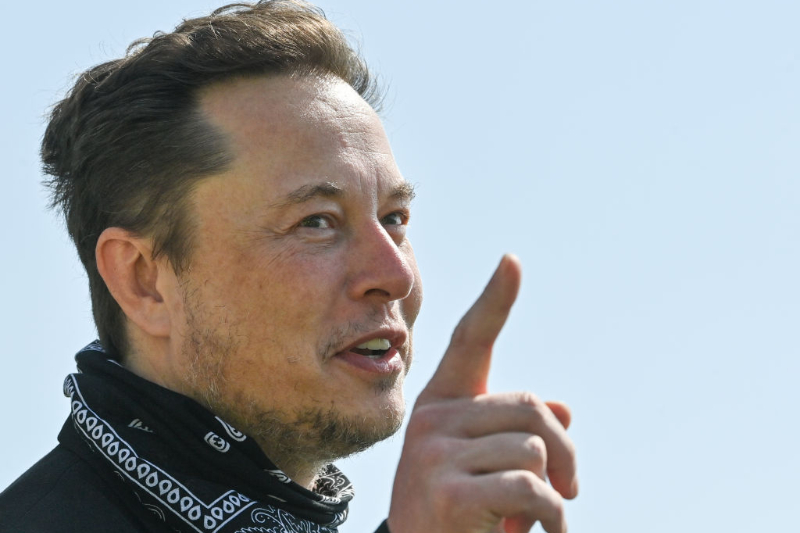
INTERNATIONAL
- David James
- 19 April 2022
2 Comments
Elon Musk’s proposed hostile takeover of Twitter will be a fascinating battle that will have consequences far beyond the stock market. It is exposing just how financially strange social media and conventional media have become.
READ MORE 
-
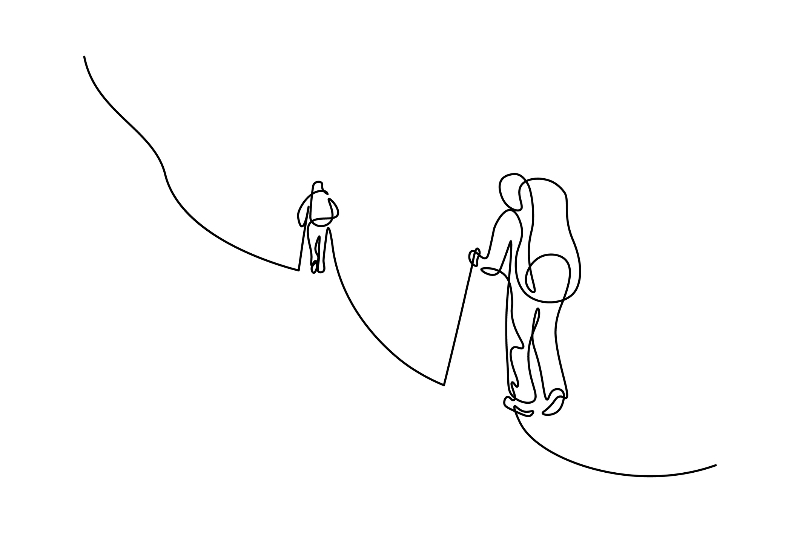
RELIGION
- Barry Gittins
- 14 April 2022
10 Comments
As a kid, all I wanted was answers. As soon as I’d get one, I’d chase the next. Nowadays, I’m happy with holding onto questions. Rephrasing, examining, thinking. The answers I have don’t always add up, and my mania for meaning, for definitive proof, is abating. I am increasingly aware that all of us, regardless of creed, creditworthiness, consciousness or credentials, lack definitive answers to life’s mysteries.
READ MORE 
-

AUSTRALIA
- Andrew Hamilton
- 07 April 2022
6 Comments
Palm Sunday alternates between March and April. When, as this year, it is celebrated in April it keeps company with a number of days that provoke us to ask what and who matter, what and whom can you trust. If it is a cruel month, it is so because it tests, even mocks, our comfortable assumptions. In a year overshadowed by manifestations of climate change, of persistence of Covid and of the horrors of war, it is not a bad month to endure an election.
READ MORE 